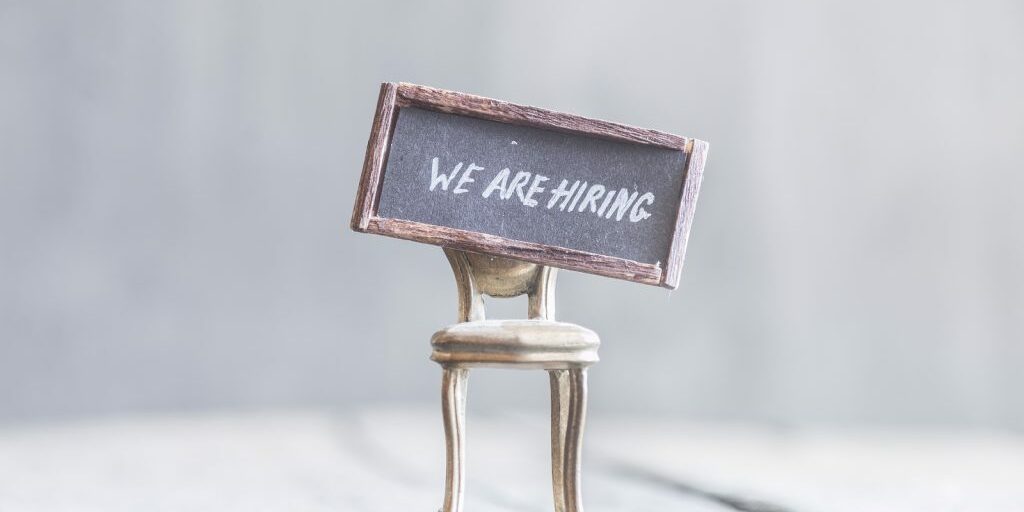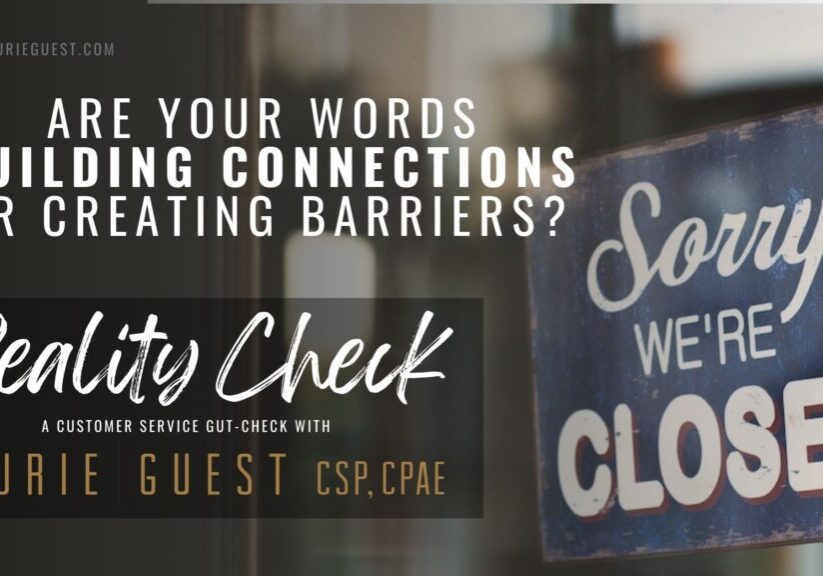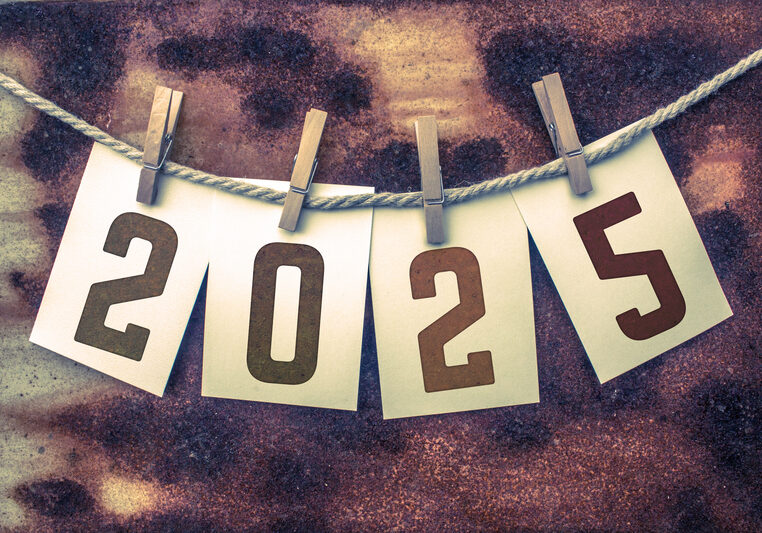Finding and hiring the right people is one of the toughest tasks we do in business. It can cost thousands of dollars to recruit, interview, hire, and orient a new employee. Start with the best possible tactics to find the right people to join your team.
Although I’m not a human resources expert, I do have years of experience in finding good people to fill open positions. Along the way, I found a few simple tasks that I added to my hiring strategy to help the success rate of the new hires.
The Job Posting
To advertise a job vacancy, tell it like it is. Don’t just include the things that make the job desirable to attract more people. List the particulars that are non-negotiable, too. For example, if the position requires that the person work every Saturday, include that in the post. No sense in having people apply who do not have the ability to commit to Saturdays. That’s just wasting everyone’s time.
Once the applications and resumes start coming in, use “Laurie’s Top 10 Tips to Hiring Right” as a tool for great questions to ask during the interview.
Phone Interviews
When you reach out to an applicant, start with an email that tells the person you have received his or her resume and would like to begin the first step in your interview process, a phone interview. Agree on a date and
a time, then ask the applicant to call you at the appointed time. Why? It’s an easy check to see if he or she is prompt, pays attention to his or her calendar, and can follow a simple instruction. You’ll be amazed how many don’t make it through the first hoop and either don’t call as planned or call late.
Listen more than you talk. I suspect a lot of interviewers spend a good amount of time telling the applicant about the job responsibilities, the history of the business, and maybe the good things about working in the business. Your time is better spent asking good questions and then being a great listener.
Want the full article as a PDF? Get it here.
Sign up to receive monthly recaps of all my latest articles.
Over the phone, it’s easier to make an assessment of the person’s language skills because you’re not distracted with appearance or other body language factors that influence you. That’ll come later with the in-person interview. Certainly, if the job will include phone duties, such as a customer service representative or a frontline greeter, phone skills are critical to evaluate.
At the end of this call, you’re at a fork in the road. If your gut knows that the applicant is not a match, then conclude by saying that you’ll be deciding within 48 hours about those needing a second interview. If you know you want an in-person interview with the candidate, schedule it before disconnecting.
In-Person Interviews
Observe applicants while they wait for an interview with you. On the day of the face-to-face interview, if possible, have someone else greet the applicants and ask them to have a seat until you’re ready. Allow the applicants to wait three to four minutes and keep an eye out for what they do. The choice they make at this time says a lot about the person. Does he
or she stay standing and look at the certificates on the wall
or posted mission statements? Does the applicant pick up promotional materials in your waiting room, or does he or she sit down with the People Magazine and jump on their cell phone to text?
One time, I had an applicant help herself to coffee and muffins provided for our patients. When I came to the door to lead her to my office, she asked, “Can you hold on a sec while I finish up my breakfast?” That was the first sign of how poorly the rest of the interview went.
If you’re having trouble connecting with an applicant who seems nervous, consider asking her about a topic she knows better than you do. The first time I tried this was with an applicant whose previous job was estimating steel for a construction job. I said, “Wow, that is something I don’t know anything about. Tell me how you do that?” As soon as she started to explain, her demeanor changed. I got to see a different side of this person, a warmer personality than the guarded, nervous person who talked to me for the first ten minutes. I ended up hiring her, and she was one of the most caring personalities I ever found. I would not have seen that side of her if not for this approach.
This can also work the other way. Once, I had an applicant I was just about ready to hire, and at the last minute, I digressed to a similar question. He opened up about his current job, badmouthing his employer and saying some really rude things that indicated he had the potential to be a big boat rocker if things didn’t go his way. Major red flag.
You know what happened? We hired him anyway, and he lasted less than 90 days. I should have listened to my gut.
Want the full article as a PDF? Get it here.
Sign up to receive monthly recaps of all my latest articles.
Know the Laws
No one told me in the early days of my journey into hiring that there were questions I wasn’t allowed to ask. Lucky for me, I don’t think I broke any of those rules! But in my quest to educate myself on how to conduct better interviews, I found out what I can’t do. If you aren’t experienced or trained in HR, yet you’re expected to do the hiring, please do your homework.
In the next post, I’ll share where to go from here in the hiring process, from the Second Interview to Making the Offer.







